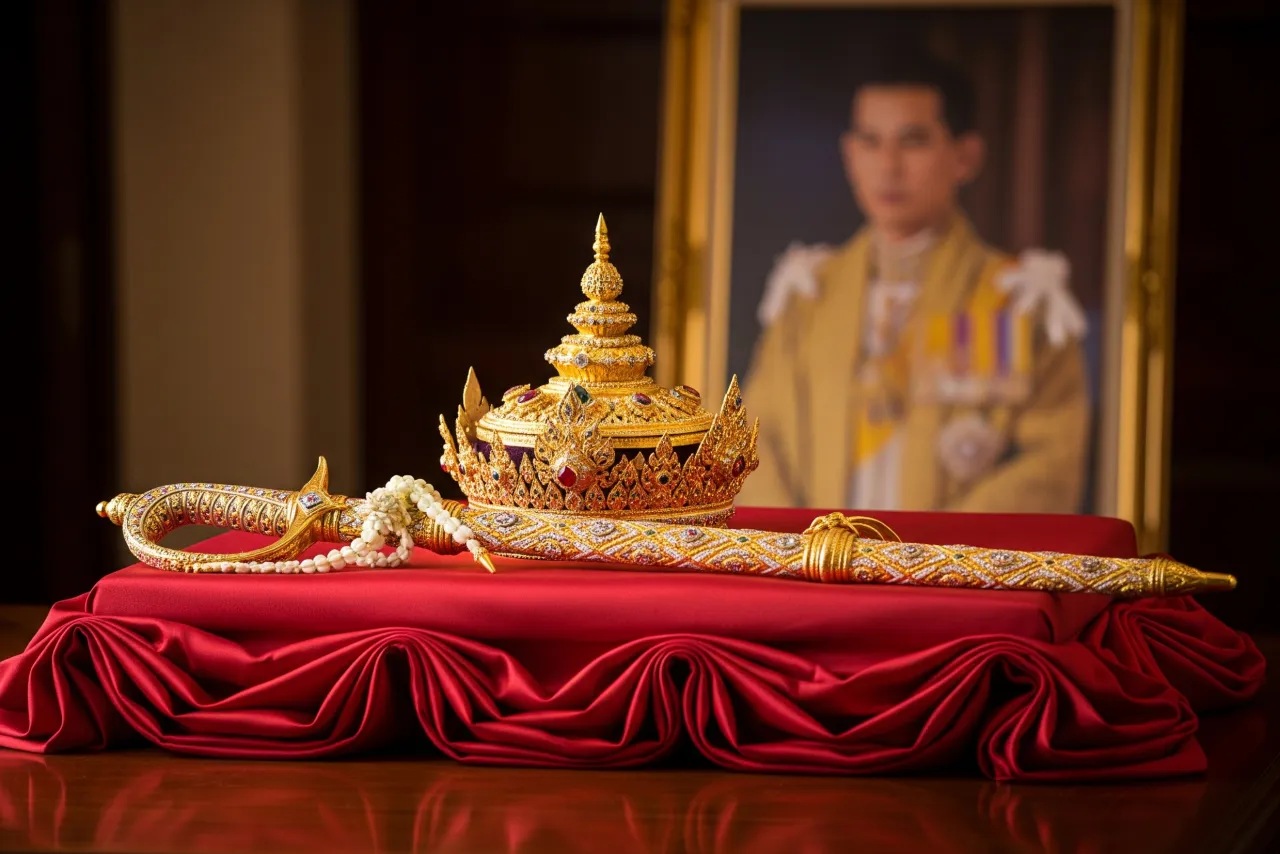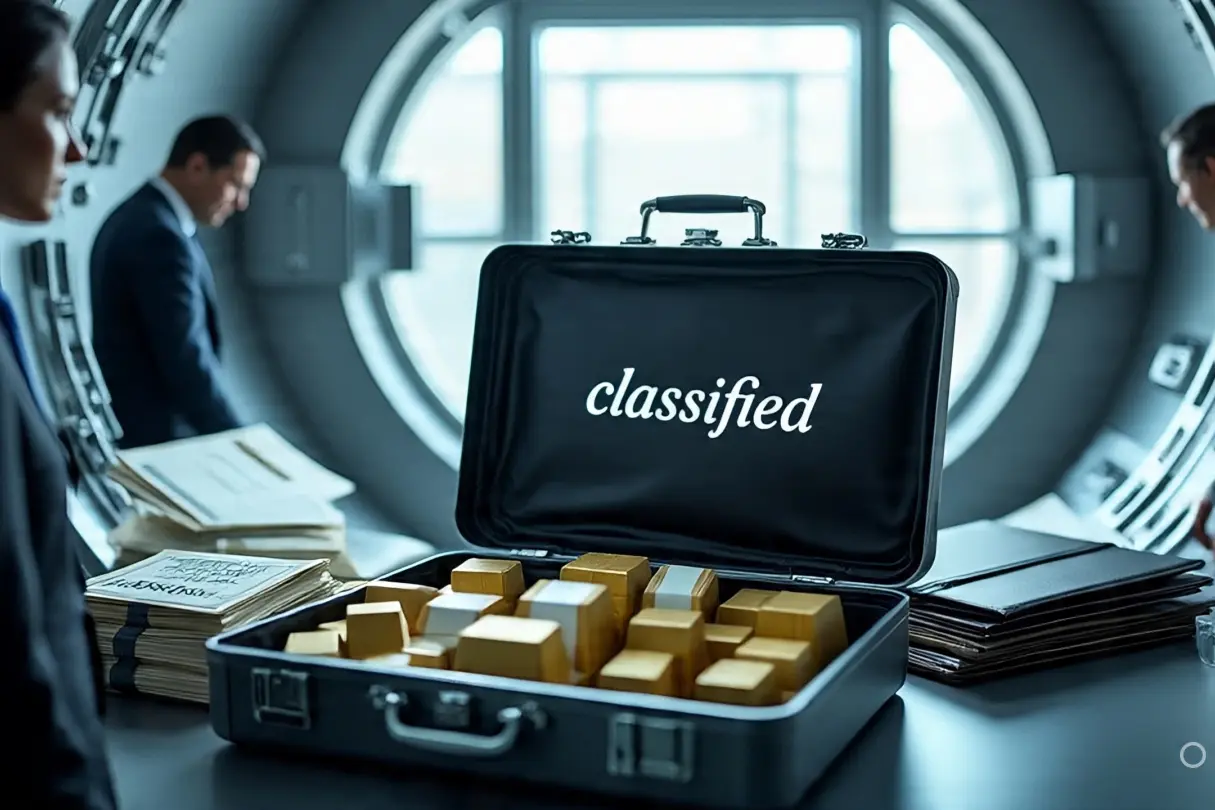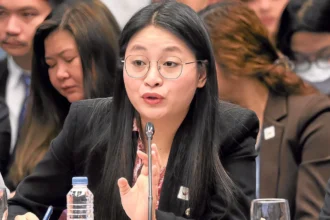👑 How Royal Succession Works in Thailand
Thailand’s monarchy is a constitutional institution, but it remains steeped in tradition, reverence, and secrecy. Officially, the process of royal succession is guided by the 1932 Constitution (replaced and revised multiple times) and the 1924 Palace Law of Succession, enacted by King Vajiravudh (Rama VI).
- 👑 How Royal Succession Works in Thailand
- 🕵️ Behind the Throne: Military, Business, and Foreign Power Brokers
- 🧨 Rumors, Speculation, and What’s Been Leaked
- 📁 What the WikiLeaks Cables Actually Say
- 🧠 Why Secrecy Breeds Conspiracy
- 🧭 What’s Real and What’s Likely Myth?
- 🗳️ The Impact on Thai Politics
- 🎯 Final Word: Influence, Not Control
Here’s how it works legally:
-
The reigning monarch designates a successor, typically from the royal bloodline.
-
The chosen heir must be male and of royal lineage, unless the law is amended to allow female succession.
-
The monarch’s choice is then submitted to the Privy Council and formally announced by Parliament and the government.
-
If no heir is named, the Privy Council can nominate a successor.
On paper, the process appears straightforward. But in practice, royal succession in Thailand has long been shrouded in quiet maneuvering, informal influence, and national anxiety over legitimacy and stability.
🕵️ Behind the Throne: Military, Business, and Foreign Power Brokers
Succession doesn’t happen in a vacuum. Monarchies, especially in times of transition, are often vulnerable to external pressures—both domestic and international. In Thailand’s case, these pressures have taken the form of military elites, political oligarchs, and, as some suggest, foreign governments.
👥 Domestic Power Brokers:
-
The military has historically positioned itself as the guardian of the monarchy. Through coups and constitutional rewrites, it has ensured royal protection but also proximity to palace power.
-
The Privy Council, particularly during the reign of King Bhumibol Adulyadej, played a critical role in shaping public perception of the monarchy and managing political stability.
-
Prominent business families—those aligned with old-money aristocracy and Bangkok’s inner circle—have wielded quiet influence by funding royal projects or building public support for certain royal figures.
🌐 Foreign Influence (Alleged or Real):
-
U.S. diplomatic cables, released through WikiLeaks, revealed that American envoys were briefed by insiders on the expected succession dynamics long before King Bhumibol’s death in 2016.
-
These same cables mention tensions within the palace, potential concerns about the then-Crown Prince, and Western diplomatic strategies aimed at maintaining good relations regardless of who ascended.
While no smoking gun proves direct manipulation, these insights point to a carefully managed environment where multiple actors had a vested interest in succession outcomes—and where influence was often subtle but significant.
🧨 Rumors, Speculation, and What’s Been Leaked
Thai society operates under strict lèse majesté laws, which limit public discussion of the monarchy. As a result, rumors fill the void left by the lack of open dialogue.
Notable rumors that have circulated:
-
That the military once favored an alternative successor due to concerns over the crown prince’s temperament.
-
That secret succession plans were drafted in case of an unexpected vacuum.
-
That certain powerful generals or Privy Council members lobbied for delay or “reform” of the transition.
-
That foreign embassies maintained informal contact with palace insiders to track succession updates.
None of these claims have been publicly confirmed—but they persist, especially in expat forums, diplomatic circles, and among academics who study Thai politics from afar.
📁 What the WikiLeaks Cables Actually Say
Between 2007 and 2011, dozens of classified U.S. State Department cables referencing Thailand were leaked, offering rare glimpses into elite thinking during a sensitive period.
Some revelations include:
-
Reports that senior advisers to King Bhumibol were unsure how the public would react to Crown Prince Vajiralongkorn’s ascension.
-
Acknowledgment that the Thai elite feared a destabilizing transition if popular support fractured.
-
Mention of behind-the-scenes preparation by the military and palace aides to ensure a smooth succession.
-
Cables also mentioned that some elites were considering a constitutional workaround if needed.
However, none of these documents confirmed direct interference—only that concerned stakeholders were preparing for multiple scenarios. This planning, while perhaps prudent, fueled conspiracy theories that the monarchy’s future was not entirely in royal hands.
🧠 Why Secrecy Breeds Conspiracy
In most constitutional monarchies, succession is ceremonial and public. In Thailand, it’s hyper-controlled, with key moments unfolding behind closed doors. The lack of transparency, combined with the taboo of open discussion, has turned succession into a national Rorschach test—everyone sees what they fear or want to believe.
Factors that amplify suspicion:
-
The absence of public discourse, which limits factual understanding
-
Media self-censorship around royal matters
-
A long history of military involvement in government, which colors every national transition
-
Public memory of past coups, such as in 2006 and 2014, where power shifted without electoral consent
The result? Even routine royal decisions are viewed through a lens of political intrigue.
🧭 What’s Real and What’s Likely Myth?
✅ What’s supported by fact:
-
Military officials have longstanding ties to the palace and play a role in protecting royal interests
-
Privy Council members have informal influence over transitions
-
Western diplomats closely monitor royal transitions and share classified concerns
-
Political actors align themselves with royal preferences to bolster legitimacy
❌ What remains unproven:
-
That foreign governments actively influenced who would ascend the throne
-
That the military imposed its choice on the monarchy
-
That alternative heirs were formally considered in secret
The monarchy remains a deeply independent institution, but its survival is closely intertwined with the institutions that guard it. This creates a symbiotic relationship, not necessarily a controlled one—but in politics, perception often matters more than proof.
🗳️ The Impact on Thai Politics
Royal succession isn’t just symbolic in Thailand—it influences everything from party alignments to court decisions to protest movements.
Since King Vajiralongkorn’s ascension in 2016:
-
Youth-led protests have openly called for monarchy reform, a once-unthinkable act
-
The military continues to position itself as a guardian of “stability and tradition”
-
Political parties navigate carefully, avoiding the appearance of disrespect while staking modernist claims
The secrecy surrounding succession has left a long tail: a society unsure who really pulls the strings, and a democracy that still bends to invisible forces.
🎯 Final Word: Influence, Not Control
To believe that Thailand’s royal succession is completely controlled by backroom actors is to oversimplify a deeply complex system. But to deny that elite influence exists at all is equally naïve.
What’s clear is that succession—like many elements of Thai power—sits at the intersection of tradition, politics, and pragmatism. Military elites, business oligarchs, and foreign observers may not choose monarchs, but they prepare for every possibility, and in doing so, they shape the climate of the transition.
Until Thai society can discuss the monarchy openly, speculation will continue to fill the silence.




